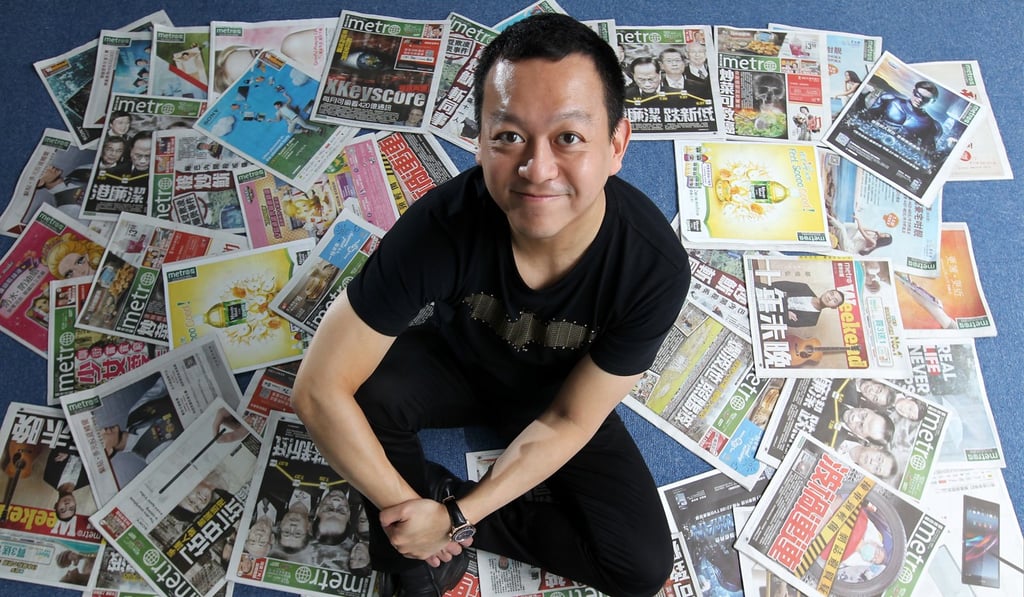Hong Kong media giant Next Digital sells magazines for HK$500 million in bid to expand online content
Parent company of newspaper Apple Daily says deal marks completion of its ‘digital transformation’

The company said in a filing to the Hong Kong stock exchange on Monday that it had accepted an indicative offer from W Bros Investments Limited, a company wholly owned by businessman Kenny Wee Ho, to sell Sudden Weekly, Face, ME!, Next Magazine and Next+One.

Of the HK$500 million, HK$320 million will go to Next Digital while HK$180 million will be injected into the magazines, according to the filing.
Next Digital’s CEO Cassian Cheung Ka-sing wrote in an open letter to employees on Monday: “Over the past few years, we have seen the industry’s transformation from print to digital. It is an irresistible trend. The company can now focus its resources to speed up developments on digital platforms, so we can maintain our leading role in this area.”
The deal was expected to be completed in September, Cheung said.